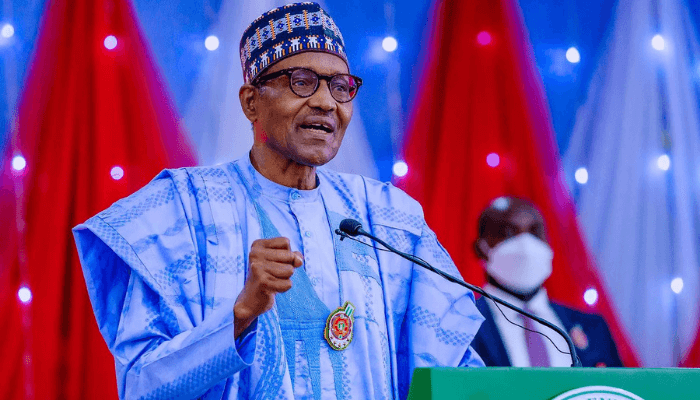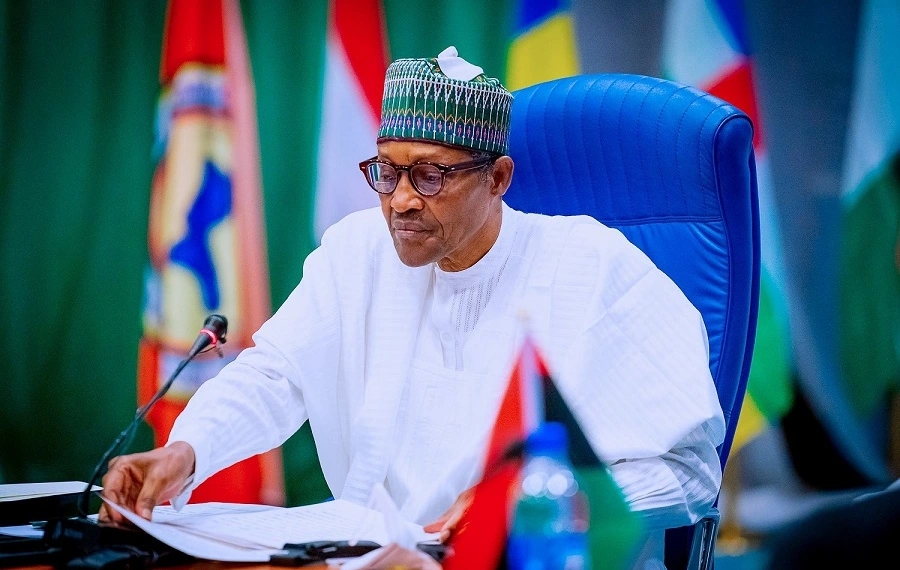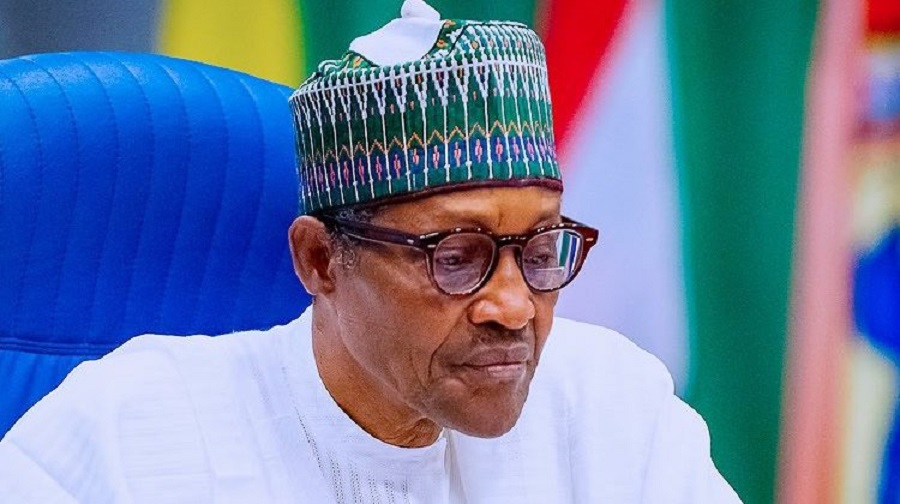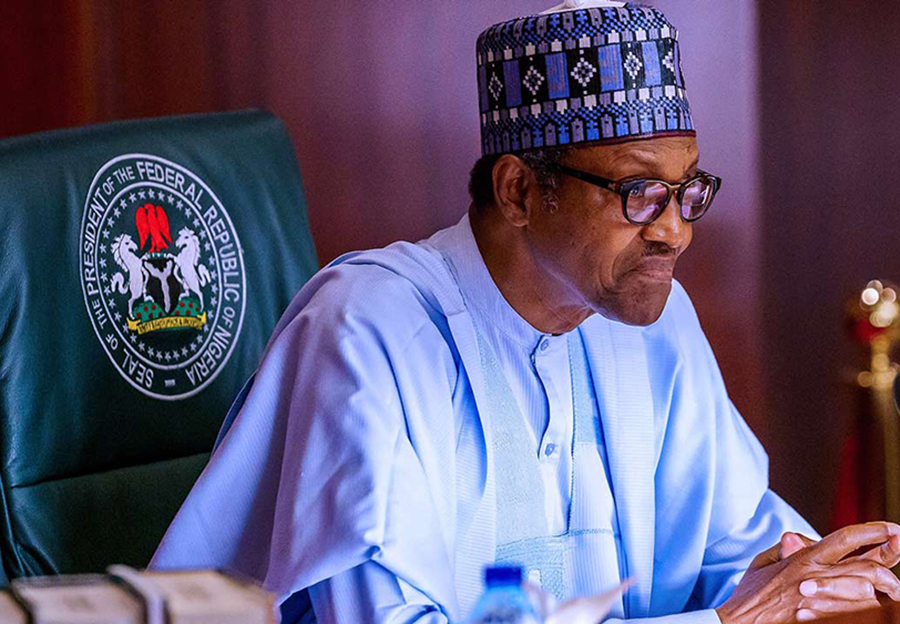Despite being the largest economy in Africa, Nigeria was not rated among IMD‘s world competitive economies in the latest ranking that contains sixty-three countries. Only one African country has been ranked on the list over the last ten years.
The IMD World Competitiveness Ranking is a list of various countries considered competitive, regardless of their continent and political system. The competitiveness is driven by the government’s economic policies which facilitate growth and create competition among businesses.
The ranking weighs the approach of countries to the issues of the economy. According to the statement released by IMD, economies are affected by issues ranging from reservations over globalisation, skepticism over automation, and the challenge of sustainability to that of implementation. Note that not all economies approach these problems in the same way.
These four factors are considered:
- Government efficiency
- Economic performance
- Business Efficiency
- Infrastructure
The list ranked South Africa 56th, dropping three places. South Africa is the second largest economy in Africa and a non-oil country. While South Africa has regularly been featured on the ranking, Nigeria has not ben considered among worthy economies in the last eleven years (2008 & 2009, 2010 & 2011, 2012 & 2013, 2014, 2016, 2017 & 2018 and 2019), according to checks by Nairametrics.
Why Nigeria missed out: Nigeria’s global business image isn’t encouraging due to its poor business environment, unfavourable policies, and infrastructure decay. The business environment, political and economic uncertainty are the negative factors dragging the country back and killing competition in the business circle.
What this means: The IMD World Competitiveness Rankings can be viewed as an image molder for countries looking to lure foreign investment. Special attention is given to countries ranked regardless of whether they drop or rise on the list. Being on the list says the country’s business environment is business-friendly and competitive to some extent. On the other hand, not being on the list sends bad signals to prospective investors.
A blow to Africa: The presence of one African country on a list containing 63 countries is not reflective of the narrative about Africa’s status as an emerging market with growth opportunities. A continent that is lacking business-friendly policies will find it difficult to attract investors willing enough to establish businesses.
Note that other emerging markets from South East Asia are well represented on the ranking.
Ranking of top Economies: The list ranked Singapore as the world’s most competitive economy for the first time since 2010, with the United States dropping two places to the third position, while Hong Kong SAR remained second for the second year running. Switzerland, UAE, Netherlands, Ireland, Denmark, Sweden, and Qatar completed the top ten of the World Competitiveness Ranking.

About IMD World Competitiveness Rankings: IMD is an independent business school with Swiss roots and global reach. Focused on developing leaders and transforming organizations, IMD designs and delivers interventions that challenge what is and inspire what could be.
For the last 7 consecutive years, IMD has been ranked No.1 in the world for Open executive programs and in the top three overall for executive education (Financial Times 2012-2018).























